On the afternoon of November 24, the National Assembly discussed in the hall the draft Law on Press (amended). Giving her opinion, delegate Trinh Thi Tu Anh - National Assembly Delegation of Lam Dong province said that Clause 8, Article 3 of the draft Law stipulates: "The content channel of a press agency on cyberspace is an information channel established by a press agency on a social network to provide, transmit, collect, exchange, share information, connect the community of social network users, with a unified identification mark when established on different social networks".
Delegates said that this regulation only stops at the technical description (set up on social networks, with unified identification signs) and does not clearly bind the legal responsibility of this content channel to the press agency that established that channel.
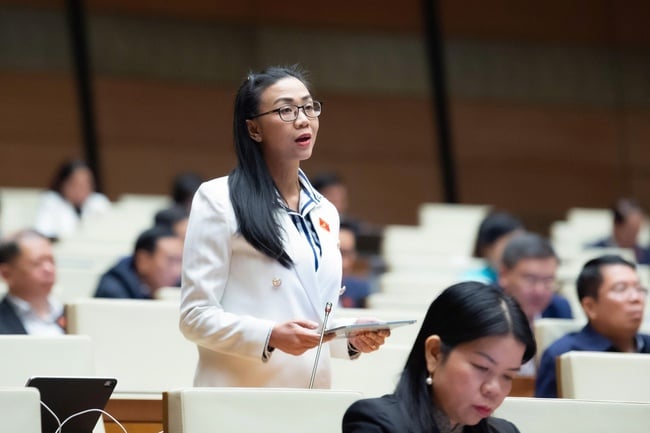
Delegate Trinh Thi Tu Anh - National Assembly Delegation of Lam Dong province
According to the delegate, the Law needs to clearly stipulate that this content channel is an extension of the press agency in cyberspace and all content posted on this channel must be responsible under the Press Law, equivalent to the content on official electronic newspapers. Although Article 31 of the draft Law stipulates the responsibility of the press agency when opening a content channel in cyberspace, the delegate believes that in Clause 8, Article 3, it is necessary to establish the highest standard of responsibility, to ensure that no matter where the information appears, the press agency must still be fully responsible.
The delegate proposed to amend Clause 8, Article 3 and rewrite as follows: "The content channel of a press agency on cyberspace is an information channel established by a press agency on a social network to provide, transmit, collect, exchange, share information, connect the community of social network users, have a unified identification mark when established on different social networks; and bear full responsibility according to the provisions of this Law as electronic press".
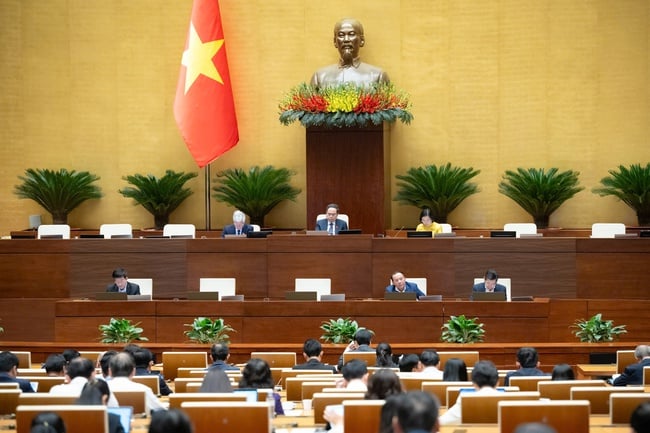
Scene of the discussion session on the afternoon of November 24
In addition, according to the delegate, in the context of strong development of artificial intelligence and social networking platforms, there is currently a situation where a number of organizations and individuals who are not press agencies continuously quote and repost content from official articles.
However, these social networking sites use misleading titles, cropping and seriously distorting the original content to attract interactions and advertising revenue, which has been directly threatening the professional journalism economic model through two main mechanisms.
Firstly, the loss of content value. Delegates said that non-journalistic agencies and individuals are "freely quoting" in-depth analysis and investigative reports from mainstream media that cost a lot to produce.
Using misleading, sensational titles to "attract views" makes readers no longer motivated to spend money on original content, seriously reducing revenue from the fee-based model.
Second, loss of advertising revenue due to algorithms. Digital platforms tend to prioritize displaying content that generates strong emotions, overshadowing professional, balanced journalistic content.
As a result, advertising revenue is automatically diverted from responsible news organizations (which produce quality content) to highly interactive "clickbait" channels, eroding the financial resources that sustain professional journalism.
Therefore, the delegates proposed that the National Assembly consider supplementing regulations on related rights of press agencies in cyberspace and assign the Government to study mechanisms for negotiation and revenue sharing between press agencies and major digital platforms according to principles that have been successful in the EU, Australia, and Canada.
This provision does not restrict the freedom of speech of the people, but only aims to protect the intellectual property rights and related rights of press agencies – entities that have spent large costs to produce responsible information, verified in accordance with the provisions of the Press Law.
"The addition of the above regulation will contribute significantly to protecting professional journalism, protecting the jobs of genuine journalists and maintaining a healthy information orientation in the digital age," the delegate expressed.
Source: https://bvhttdl.gov.vn/dai-bieu-quoc-hoi-de-nghi-nghien-cuu-co-che-thuong-luong-chia-se-doanh-thu-giua-cac-co-quan-bao-chi-voi-cac-nen-tang-so-lon-20251124164248814.htm


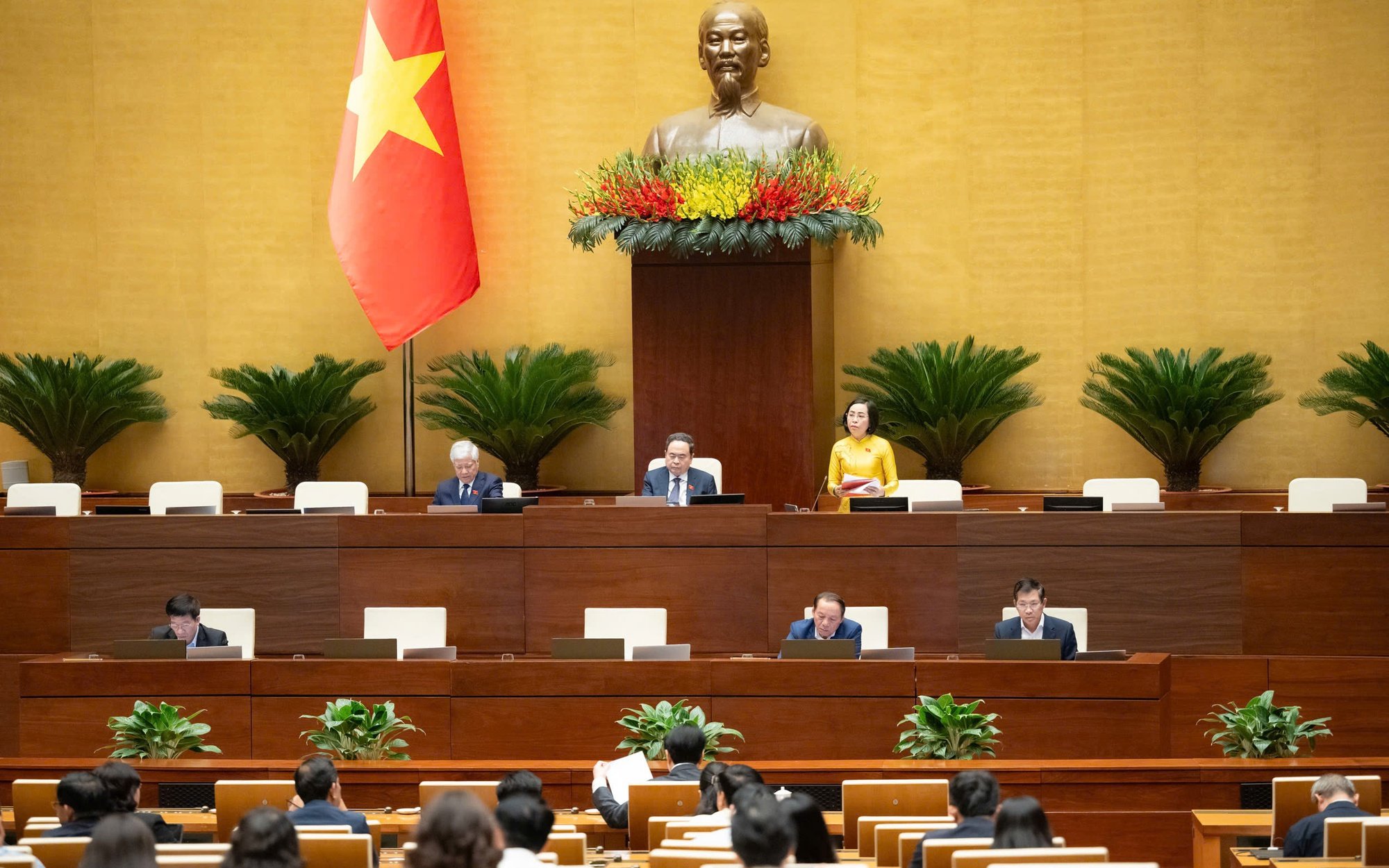






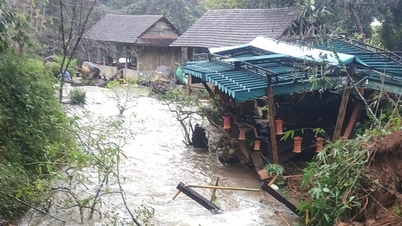
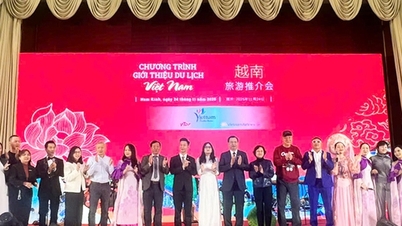
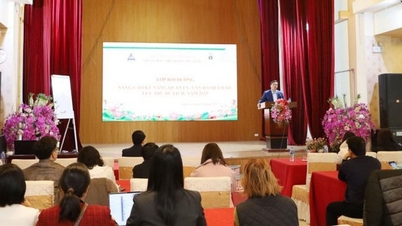

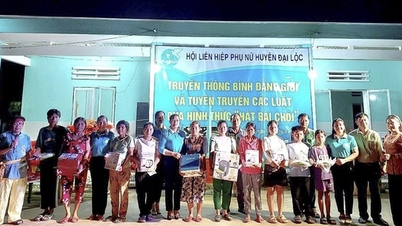
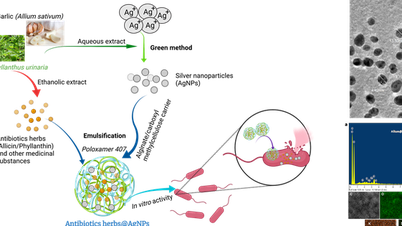






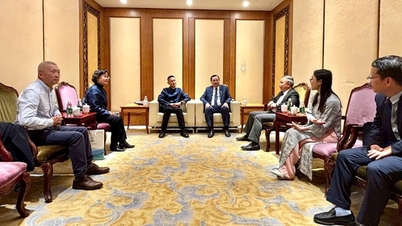
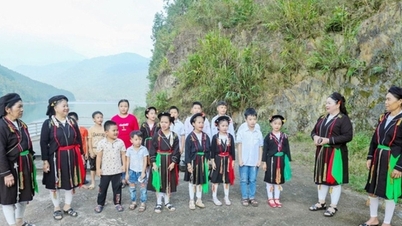
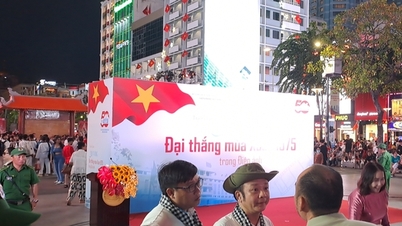
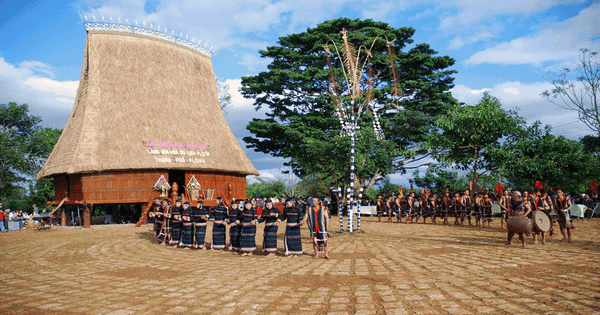
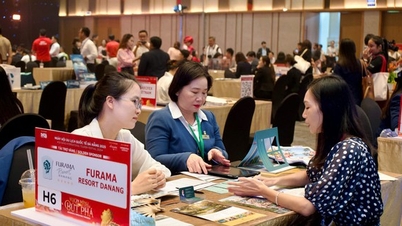
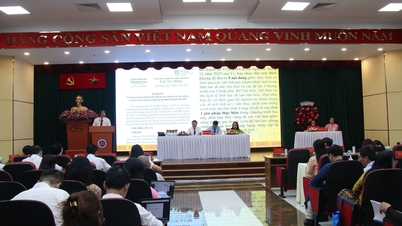

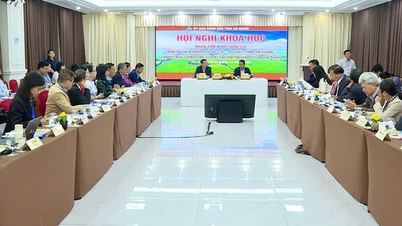





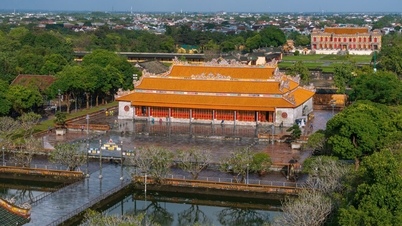



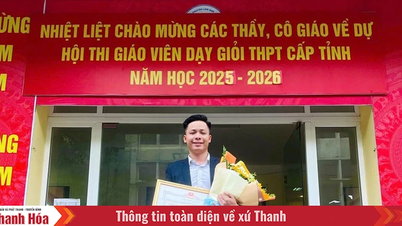

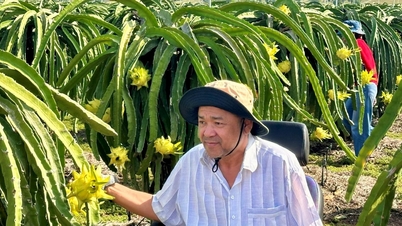





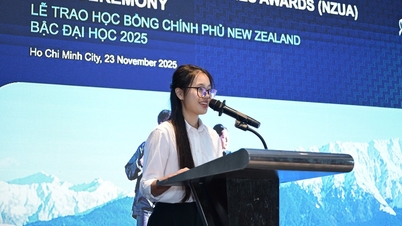



![[Answer] Should I install an elevator for an old renovated house?](https://vphoto.vietnam.vn/thumb/402x226/vietnam/resource/IMAGE/2025/11/25/1764039191595_co-nen-lap-thang-may-cho-nha-cai-tao-cu-khong-04.jpeg)

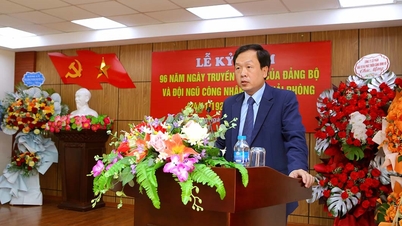

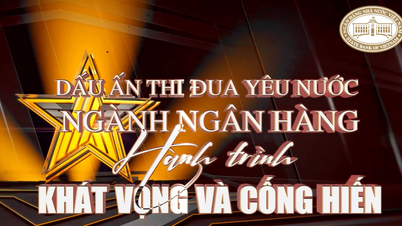
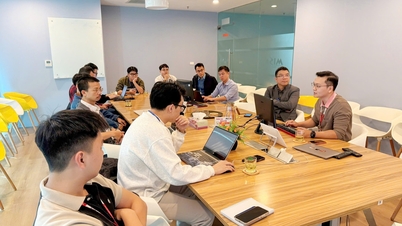

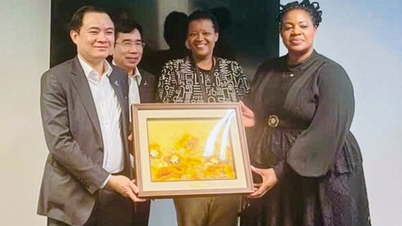






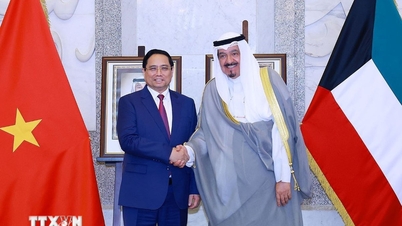

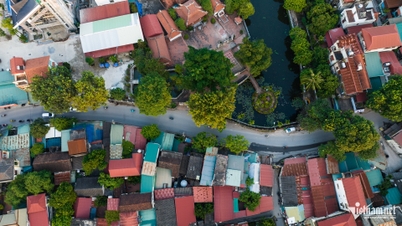


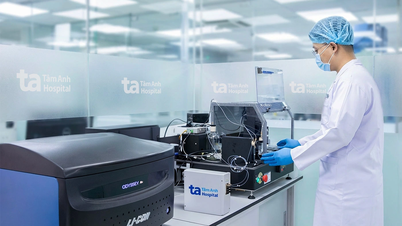
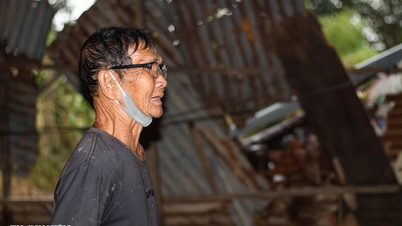

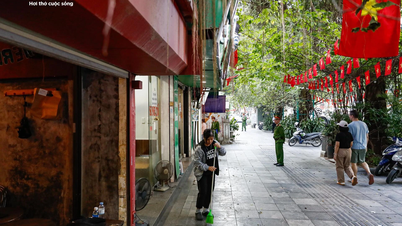
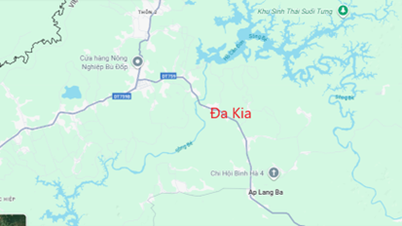

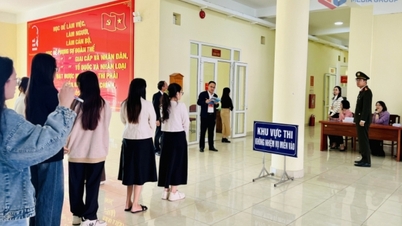
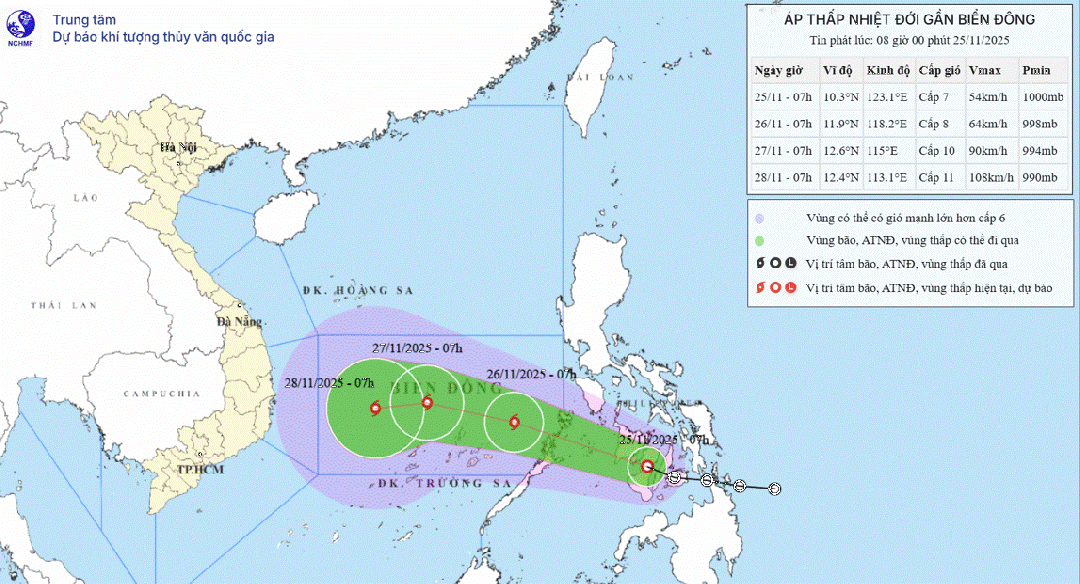

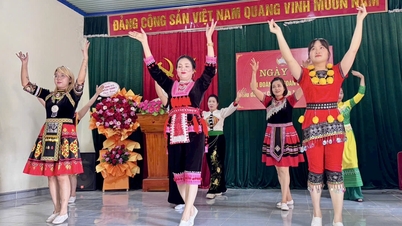


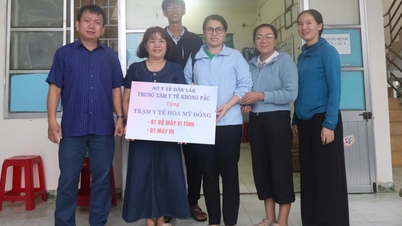











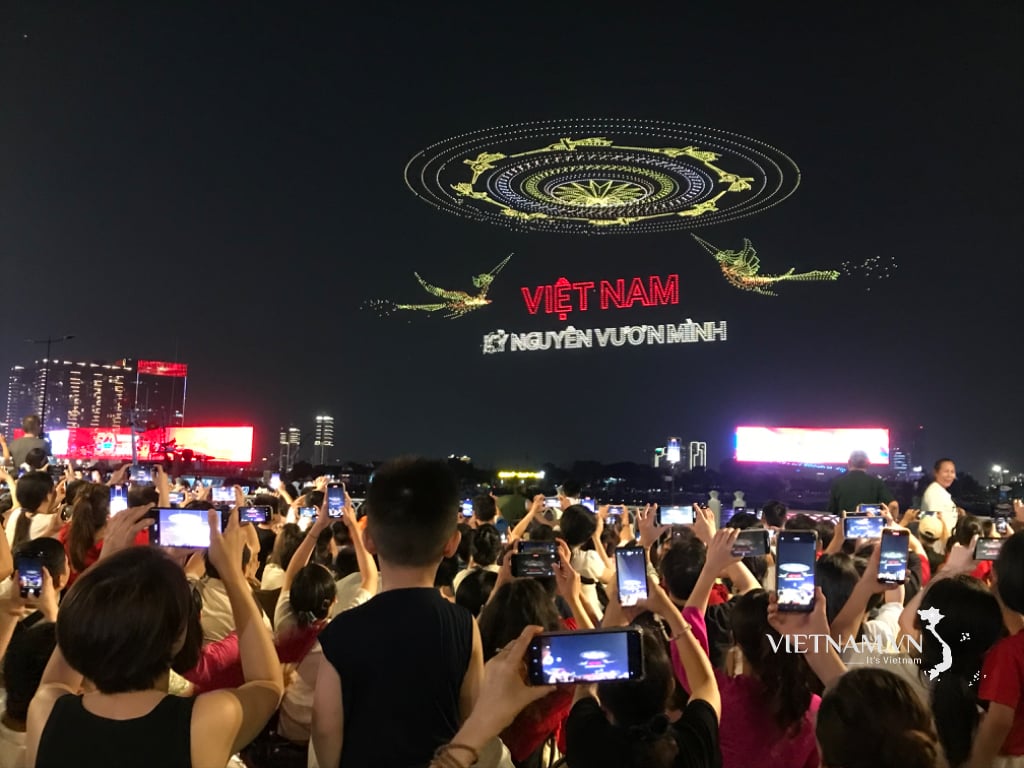


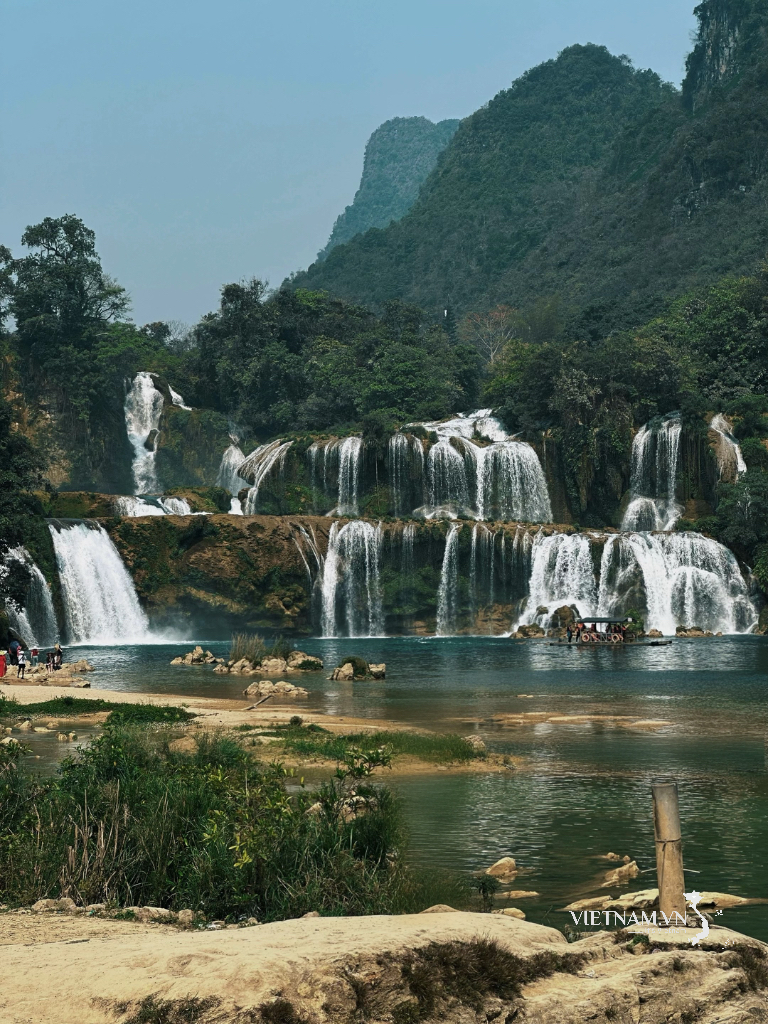
Comment (0)